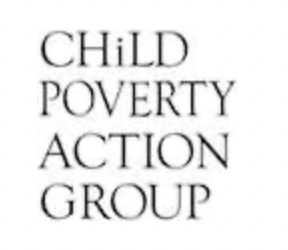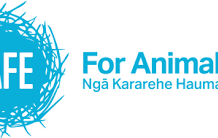Child Poverty Action Group (CPAG) congratulates the government on finally acknowledging that the NZ Super Fund assets should not be excluded from New Zealand’s measure of net public debt.
Child Poverty Action Group have long argued that excluding NZ Super Fund from public debt created an environment where New Zealand’s debt levels looked far worse than they were.
“Measured correctly as set out by the International Monetary Fund, our net debt as a percentage of GDP, is only 20%, around half that of Australia (at 38%). Net debt in the US is nearly five times higher suggesting that New Zealand has plenty of wriggle room and could comfortably support net debt levels that are much higher than the government’s goal of 30%,” says Associate Professor Susan St John.
St John says this rethinking of debt has significant implications for implementing transformative policies to reverse the ugly growth of inequality and poverty. “The old debt excuses for slow implementation of welfare reform, and of the delays to much needed Working for Families reform, can no longer be used.”
“Deepening poverty in Aotearoa, especially among the worst-off families, confronts the social sector every day. Ignoring the needs of the worst-off during the 2022 lockdown, and the impact of Covid-19 on low-income communities, has left a huge scar that will take a major investment of time and money to heal. Unless we start that process of healing now, it is doubtful communities and whānau will ever fully recover.”
CPAG calls on the government to use its balance sheet to invest massively in state housing and also take immediate and meaningful action on income poverty this budget.
For example, as a first step, the poorest families must not continue to be excluded from $72.50 a week of Working for Families tax credits for their children. There is no fiscal excuse to wait for some future review. A swift policy change would get money to where it is most needed to alleviate child poverty. In inflation adjusted terms this means another $4000 a year for families, with an annual cost of between $400-$600m.
“There are no moral or economic justifications for treating the worst-off children so badly in Working for Families policy, and there have never been fiscal ones as this net debt change makes clear.”





